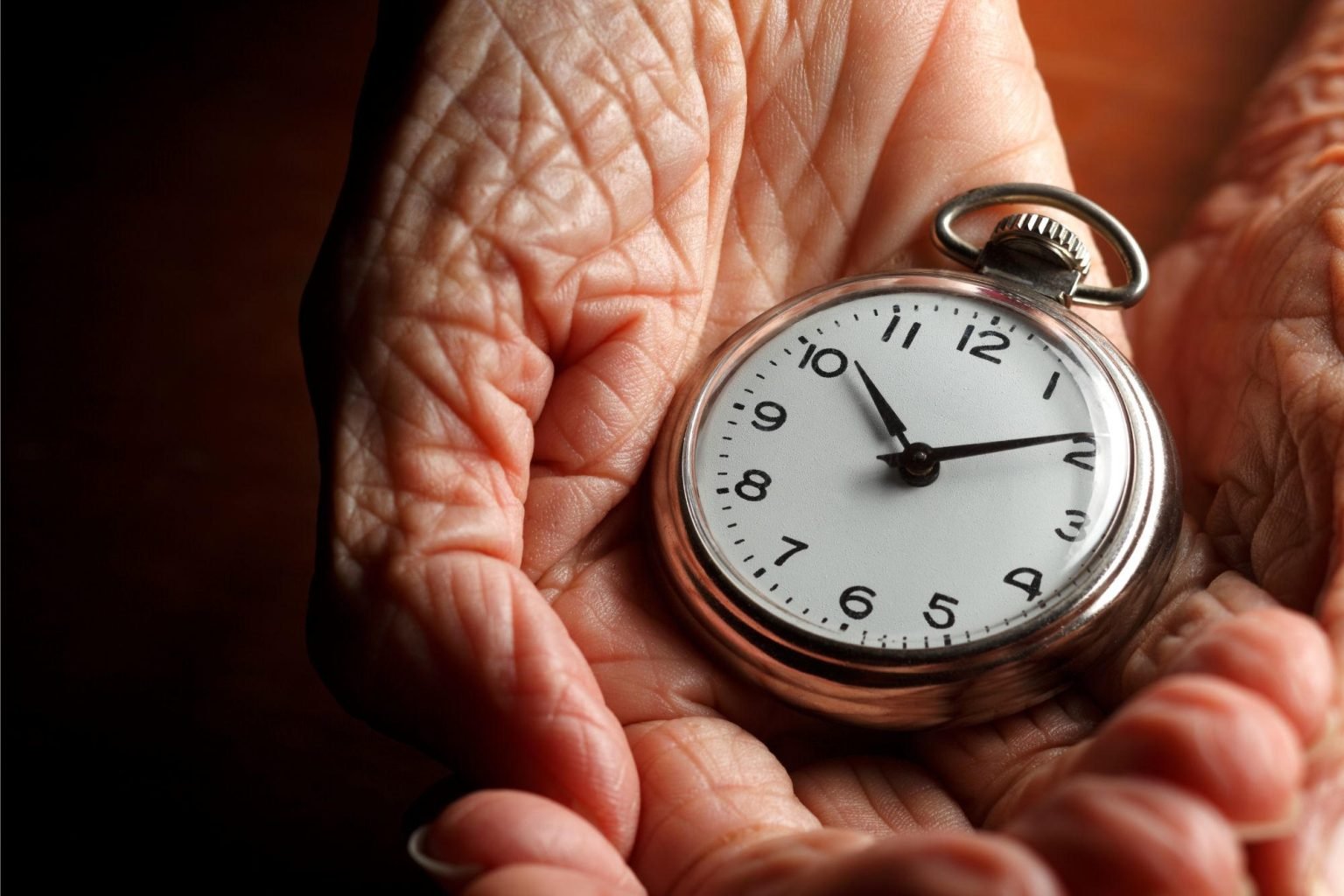Natural Compound Found in Magic Mushrooms Delays Aging and Extends Lifespan, Study Suggests
https://share.google/Jjmcpg80GdgBKcOMjNatural Compound Found in Magic Mushrooms Delays Aging and Extends Lifespan, Study SuggestsJuly 21, 2025

 Clock-Aging-Time-Old-1536x1024.jpg (165.55 kB . 1536x1024 - viewed 239 times)
Clock-Aging-Time-Old-1536x1024.jpg (165.55 kB . 1536x1024 - viewed 239 times)In a surprising breakthrough in aging science, Emory University researchers have found that psilocin, a compound derived from psychedelic mushrooms, significantly extends the lifespan of human cells and elderly mice. Credit: Stock
Psilocybin improved longevity and health markers in mice and cells. The findings reveal unexpected systemic benefitsAs the anti-aging industry, fueled by optimism and a flood of supplements, generated more than $500 million in revenue last year, scientists at Emory University discovered a compound that directly slows aging in both cells and living organisms.
In a new study published in Nature Partner Journals’ Aging, researchers show that psilocin, a metabolite formed when psilocybin (the psychoactive compound in psychedelic mushrooms) is consumed, increased the lifespan of human skin and lung cells by over 50%.
Mouse trials reveal improved survival and appearance
At the same time, researchers carried out the first long-term in vivo study to assess how psilocybin affects the entire body in aged mice. The study used 19-month-old mice, which correspond to humans aged 60 to 65.
Mice that received an initial low dose of 5 mg psilocybin followed by a monthly 15 mg dose over a 10-month period showed a 30% higher survival rate compared to untreated controls.
These treated mice also exhibited healthier physical traits, including better fur condition, reduced white hair, and evidence of hair regrowth.
Although psilocybin is most commonly studied for its psychological effects, this research indicates that it also targets several key biological markers of aging. The compound appears to reduce oxidative stress, enhance DNA repair mechanisms, and maintain telomere length.
Telomeres are protective structures at the ends of chromosomes that guard against damage and are closely linked to the development of age-associated diseases such as cancer, neurodegeneration, and cardiovascular disorders. These underlying cellular processes play a critical role in both aging and disease onset.
Based on these findings, the study suggests that psilocybin holds promise as a groundbreaking approach to anti-aging therapies and may offer meaningful benefits for aging populations.
“Most cells in the body express serotonin receptors, and this study opens a new frontier for how psilocybin could influence systemic aging processes, particularly when administered later in life,” says Louise Hecker, PhD, senior author of the study and former associate professor at Emory University, where the work began and was funded.
While psilocybin is often associated with its effects on the brain, its broader physiological impacts remain largely unexplored. Despite its reputation for inducing hallucinations, the compound acts on serotonin receptors, which are found throughout the body.
Late-life interventions still show benefit:
“Our study opens new questions about what long-term treatments can do. Additionally, even when the intervention is initiated late in life in mice, it still leads to improved survival, which is clinically relevant in healthy aging,” adds Hecker, currently an associate professor at Baylor College of Medicine.
This news comes on the heels of KFF’s recent report that U.S. life expectancy is still below that of other countries similar in income and size, with an average lifespan of 78.4 years, compared to 82.5 years elsewhere. Not only was it the lowest, but as the lifespan in similar countries increased by 7.9 years from 1980-2022, whereas the U.S. life expectancy has only increased by 4.7 years.
Improved aging, not just longer life:
“This study provides strong preclinical evidence that psilocybin may contribute to healthier aging– not just a longer lifespan, but a better quality of life in later years,” says Director of Psychedelic Research at Emory University’s Department of Psychiatry Ali John Zarrabi, MD. “As a palliative care physician-scientist, one of my biggest concerns is prolonging life at the cost of dignity and function. But these mice weren’t just surviving longer—they experienced better aging,” adds Zarrabi, co-investigator of the study.
Zarrabi emphasized the importance of further research in older adults, as well as the well-documented overlap between physical and mental health.
“Emory is actively involved in Phase II and III clinical trials of psilocybin-assisted therapy for depression, and these results suggest we also need to understand psilocybin’s systemic effects in aging populations,” says Zarrabi.
* “My hope is also that if psilocybin-assisted therapy is approved as an intervention for depression by the FDA in 2027, then having a better quality of life would also translate into a longer, healthier life.”










